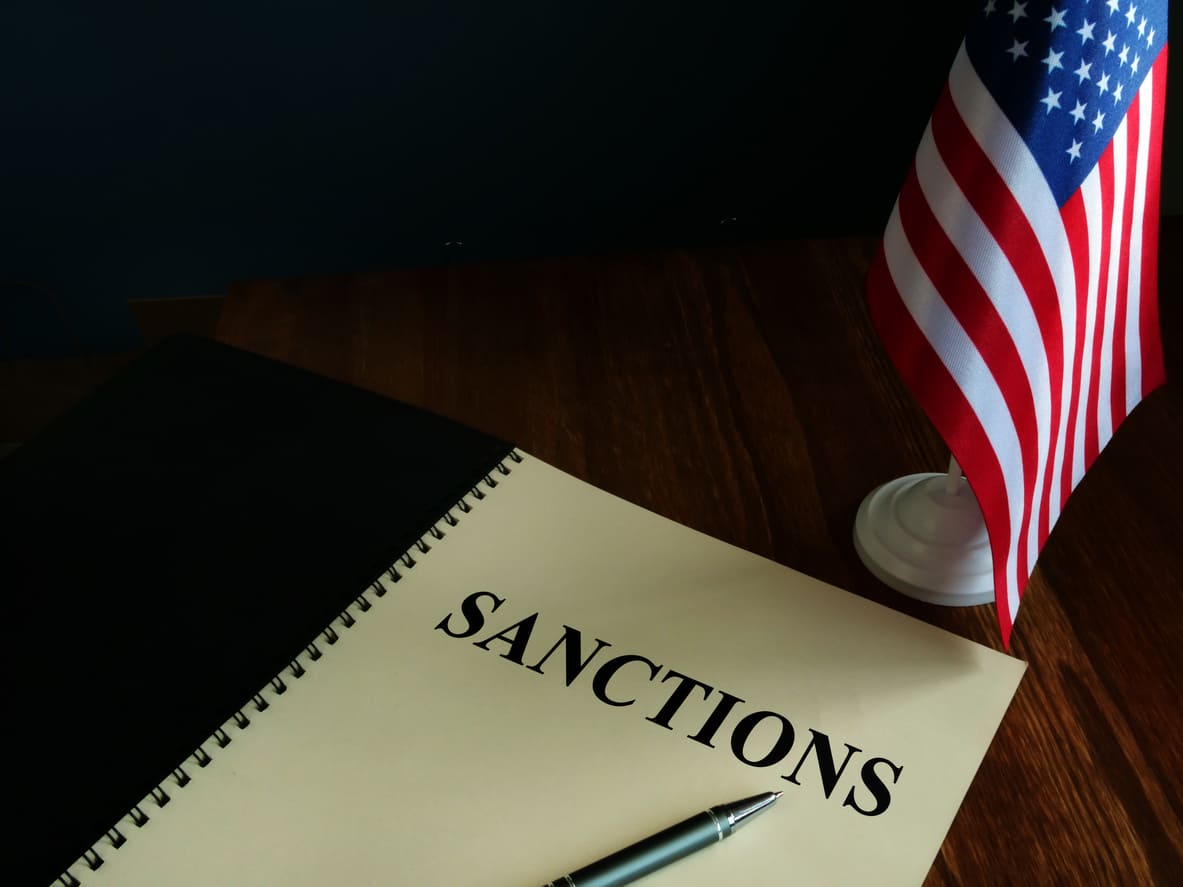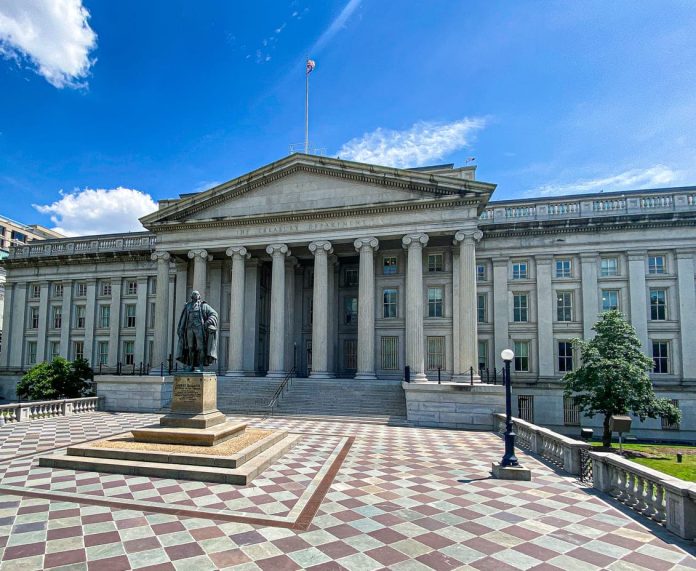Understanding the U.S. Treasury Department’s Office of Foreign Assets Control (OFAC) is crucial for individuals and businesses involved in international transactions. OFAC enforces economic and trade sanctions against targeted foreign countries, regimes, terrorists, and other threats. This article explains the process for applying for an OFAC license and outlines the potential consequences of violating sanctions.
What Is an OFAC License?
An OFAC license is formal approval to conduct a transaction that would otherwise violate U.S. sanctions. There are two types:
- General licenses: Pre-approved for specific activities (e.g., humanitarian aid, legal services) and listed in OFAC regulations. No application is needed, but strict conditions apply.
- Specific licenses: Granted upon individual request. Applicants must submit detailed documentation explaining the transaction, involved parties, and legal grounds.
These licenses are essential for companies dealing with sanctioned countries, blocked persons, or restricted financial transfers. Without a valid license, such actions may result in enforcement.
When and Why You Need an OFAC License
An OFAC license is required when your activity involves a sanctioned country, person, or entity—whether it’s exporting goods, transferring funds, or providing services. Even indirect involvement, such as routing payments through a restricted intermediary or offering professional support to a blocked individual, may trigger the need for authorization. Without the proper license, such actions are considered violations of U.S. sanctions law and can lead to financial penalties, asset freezes, or criminal prosecution. The license serves as legal clearance to proceed with the transaction.
Situations That Commonly Require OFAC Licenses:
OFAC licenses are often necessary in specific, high-risk contexts. For example, delivering humanitarian aid to sanctioned regions typically involves transactions with restricted entities or governments, requiring prior approval. Providing legal representation to individuals or companies listed on OFAC’s Specially Designated Nationals (SDN) list also demands a license, even if the service is unrelated to the sanctioned activity itself. Likewise, accessing or releasing funds held in blocked accounts—such as bank transfers involving frozen assets—requires specific authorization.
If there’s any doubt about your legal obligations, consulting an OFAC lawyer is the most effective way to ensure compliance and avoid enforcement.
How to Apply for an OFAC License
To obtain a specific OFAC license, you must submit a written application that clearly explains the proposed transaction, the parties involved, and the legal basis for the request. The application should include all relevant documents—contracts, correspondence, identification details, and financial data. OFAC reviews each case individually and may request additional information during the process. Applications can be submitted electronically through the OFAC License Application page or by mail. Accuracy and completeness are critical, as errors or missing details can lead to rejection or long delays. Legal guidance is often essential to streamline the process and improve approval chances.
Step-by-Step Application Process:
- Gather Supporting Documents
Collect relevant documentation such as contracts, invoices, and identification of involved parties. - Draft and Submit the Application
Submit your request via OFAC’s online platform or by mail, detailing the nature of the proposed transaction. - Wait for Review and Determination
Processing times vary. Applicants may be asked to provide additional information.
It’s highly recommended to seek help from experienced OFAC lawyers to ensure accuracy and completeness.
What Happens If You Violate OFAC Sanctions?
Violating OFAC sanctions, whether knowingly or by mistake, can result in serious consequences. Civil penalties may include fines of up to $250,000 per violation or twice the value of the transaction—whichever is greater. In more severe cases, criminal charges may apply, leading to higher fines and potential imprisonment. OFAC evaluates each case based on intent, harm caused, prior violations, and whether the party voluntarily disclosed the breach. Enforcement actions can also include asset seizures, restrictions on future transactions, and reputational damage. Prompt legal response is critical when facing investigation or penalties.

Potential Consequences:
- Civil penalties: Fines up to $250,000 per violation or twice the transaction value.
- Criminal penalties: Imprisonment and fines up to $1 million per violation.
- Reputational damage: Harm to the business’s global standing and future operations.
In enforcement cases, OFAC evaluates whether the violator voluntarily disclosed the violation, the level of cooperation, and steps taken to mitigate damage.
Final Thoughts
The OFAC licensing process is complex. It requires precise documentation, legal accuracy, and full awareness of U.S. sanctions laws. Even small errors can lead to delays or denial.
Violating OFAC regulations carries serious consequences: large fines, criminal charges, and reputational damage. Businesses in high-risk sectors—such as finance, legal, or trade—must act with full compliance.
A qualified OFAC lawyer helps you:
- Confirm if a license is needed,
- Prepare and submit the application,
- Respond to OFAC inquiries,
- Defend against enforcement actions.
For broader legal issues involving sanctions or international law, turn to human rights attorneys with relevant experience.
OFAC compliance is about more than rules—it’s about protecting your operations and future. Legal support isn’t optional; it’s essential.




































